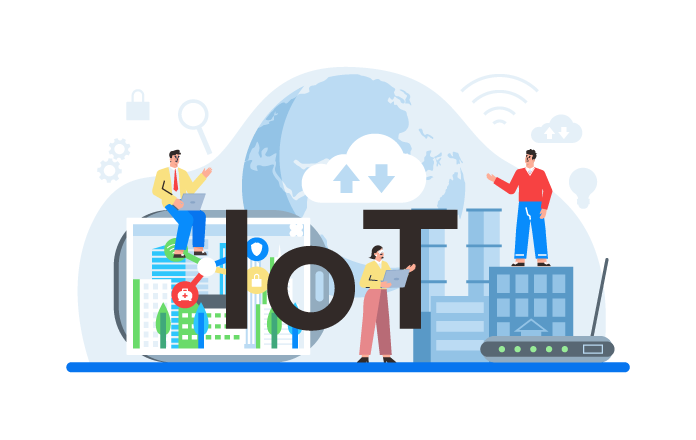In the fast-paced world of technology and urbanization, smart cities are becoming the flag-bearers of innovation. As the global population continues to grow and migrate towards urban centres in search of better opportunities, city planners and authorities are leveraging the power of the Internet of Things (IoT) to shape future cities. The IoT is on the cusp of revolutionizing urban living, promising to create more efficient, sustainable, and interconnected communities. This article delves into the exciting future of IoT-informed smart cities and their transformative role in enhancing our urban environments.
The Smart City Revolution
Smart cities represent a fusion of technology and urban infrastructure, creating environments that are more responsive, efficient, and adaptable to the needs of their residents. As urbanization continues to accelerate, the development of smart cities has become an urgent necessity. With more than half the world’s population now residing in cities and this number expected to double by 2050, the challenges of urban living are increasing in complexity. Smart cities provide innovative solutions to these challenges through IoT.
AI and IoT: A Synergistic Future
The future of smart cities will be intrinsically linked with the rapid advances in Artificial Intelligence (AI) and IoT. IoT devices with sensors collect vast amounts of data, and AI processes and analyzes this data to make real-time decisions. Integrating AI and IoT will lead to an even more sophisticated and intelligent urban landscape.
AI analysis tools will be capable of understanding recorded metrics and learning from past events through machine learning. This means that city authorities and officials can automate an array of essential services to reduce workloads, increase efficiency, and enhance the overall quality of life in smart cities.
Pioneering Innovations in Urban Infrastructure
As the future unfolds, several key areas will witness transformative changes powered by IoT and AI:
Transportation Revolution
IoT-informed smart cities will herald a new era of transportation. Self-driving electric vehicles, integrated with AI data analysis tools, will improve public transport and reduce carbon emissions. AI software will use machine learning to optimize traffic flows, select fuel-efficient routes, and reduce accidents. Imagine a city where traffic jams are a thing of the past and your daily commute is smooth and efficient.
Energy Efficiency
Officials will use IoT sensors to monitor energy consumption in smart cities. This data will be analyzed to reduce wasted resources, improve operational efficiencies, and provide accurate predictions of future energy needs. Such advancements will save resources and protect residents from energy shortages.
Sustainable Urban Planning
IoT will assist city planners in making informed decisions about infrastructure development, ensuring that cities are more sustainable and resilient. For instance, sensors monitoring air quality, noise levels, and temperature will help create healthier urban environments and reduce energy waste.
Health and Safety
Smart cities will also prioritize the well-being and safety of their residents. IoT will enable real-time monitoring of air quality, early detection of environmental hazards, and improved emergency response systems, reducing health risks and enhancing overall safety.
Enhanced Connectivity
The connectivity landscape in smart cities will be all-encompassing. High-speed, low-latency 5G networks will be ubiquitous, ensuring that residents are always connected and can access essential services seamlessly, from healthcare to transportation.
Waste Management
IoT will continue to play a pivotal role in managing waste effectively. Sensors in waste bins will signal when they need to be emptied, optimizing collection routes, reducing emissions, and keeping cities clean.
Conclusion
The future of IoT-informed smart cities is a world where technology is seamlessly integrated into urban life. These cities will not only be more efficient and sustainable but will also be healthier, safer, and more connected. The pioneering innovations driven by the synergy between IoT and AI will transform how we live, work, and interact with our urban environments. As the global population continues to rise and urbanization remains a dominant trend, the evolution of smart cities promises to be both exciting and essential. The future of smart cities is bright, and the possibilities are boundless, creating a vision of urban living that is smarter, safer, and more sustainable for generations to come.




